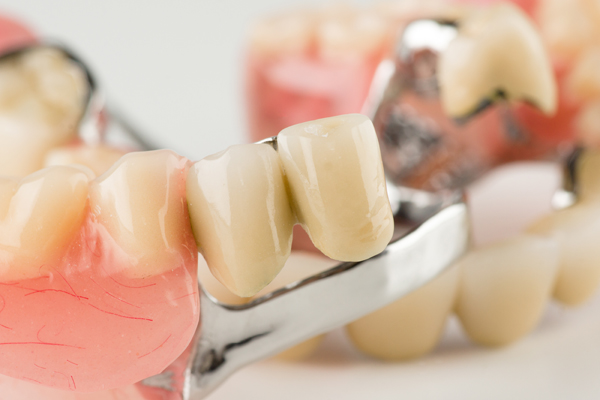Popular Treatments for Sleep Apnea

Sleep apnea is a medical condition where the patient's airways become obstructed during sleep. It leads to snoring and, in certain situations, life-threatening medical conditions. This medical issue often causes an inability to get quality sleep and the results of sleep deprivation during the day.
Fortunately, there are some options available when it comes to treating sleep apnea.
Treatment options for sleep apnea
1. CPAP
Continuous Positive Airway Pressure devices are one of the primary ways of treating sleep apnea. It is a machine that feeds the patient with pressurized air that keeps the airways open as the person sleeps. Keeping the airways open helps to prevent any interruptions to the person's breathing while sleeping.
Many CPAP machines are small enough to fit on a drawer next to the patient's bed, and a piece of flexible tubing and a mask is worn. There are a variety of options when it comes to the type of mask the patient decides to go with like nasal pillows and masks that cover the mouth and nose.
2. Oral appliances
Oral appliances can be used to treat mild to moderate cases of sleep apnea. These are mouth-guard like devices that are used to keep the patient's airways open during sleep. Two main types of oral devices are used to address sleep apnea: tongue retaining devices and mandibular advancement appliances (MADs).
MADs are worn while the patient sleeps, and the device pushes the wearer's jaw forward, opening up the upper airway. A tongue retaining device has an attachment that keeps the tongue from falling back into the airway.
Oral appliances are customized for each patient. The dentist takes a digital or physical impression of the patient's mouth, and the dimensions are sent to a laboratory where the device is made. The dentists will contact the patient when the device is ready for a follow-up appointment and educate the person on adequately using it. Oral appliances are easy to use and carry around.
3. Surgery
Some instances of sleep apnea require surgical treatments. The exact type of surgical procedure used varies depending on each particular situation, but the goal is always the same: clearing up the person's airways.
This is usually done by the removal of soft tissues that may be blocking the airways or the correction of nasal deformities like a deviated septum that can restrict the airway. Surgical treatments are typically considered after other treatments have failed.
Surgical treatment might be done to remove polyps, adenoids, and enlarged tonsils. There are also surgical treatments that can be done to prevent the tongue from falling back into the airways.
4. Weight loss
One of the causes of sleep apnea is being overweight. People whose airways become restricted during sleep because of their weight can treat it by shedding some pounds. Losing weight will improve the breathing of anyone who is overweight.
We are ready to help! Contact us today.
Find yourself dealing with sleep apnea? Contact one of our dentists to discuss these and other options. We are ready to help guide you in making the best decisions for your sleep apnea and health.
Call (714) 260-0763 today to reach Pacific Horizon Dental Arts.
Recent Posts
Preventive dentistry is a branch of dentistry that focuses on protecting your mouth against common dental issues like tooth decay and gum disease. It include simple things that you can do independently, like practicing oral hygiene, and procedures performed by dentists, like dental cleanings.Taking good care of your mouth makes you less likely to develop…
There are many benefits to removable partial dentures instead of alternative treatment solutions (i.e., implant-supported bridges). Understanding the advantages of partial dentures can help you make the most informed choice possible about the best way to replace your missing teeth. Removable partial dentures are a form of teeth replacement for a section of missing teeth. They…
A TMJ Dentist is a dental professional who helps diagnose and treat problems with the temporomandibular joint (TMJ), which connects the jaw to the skull. Issues with this joint can cause pain, stiffness, and discomfort in the jaw. They can also lead to headaches, earaches, and trouble chewing. Visiting a TMJ dentist is an important…
Children's oral health lays the foundation for a lifetime of healthy smiles. Pediatric dentists can promote proper oral and speech development by identifying and treating dental issues early on. Since these dental providers complete the training necessary to deliver tailored care for the needs of young patients, they are typically the best choice for children's…


